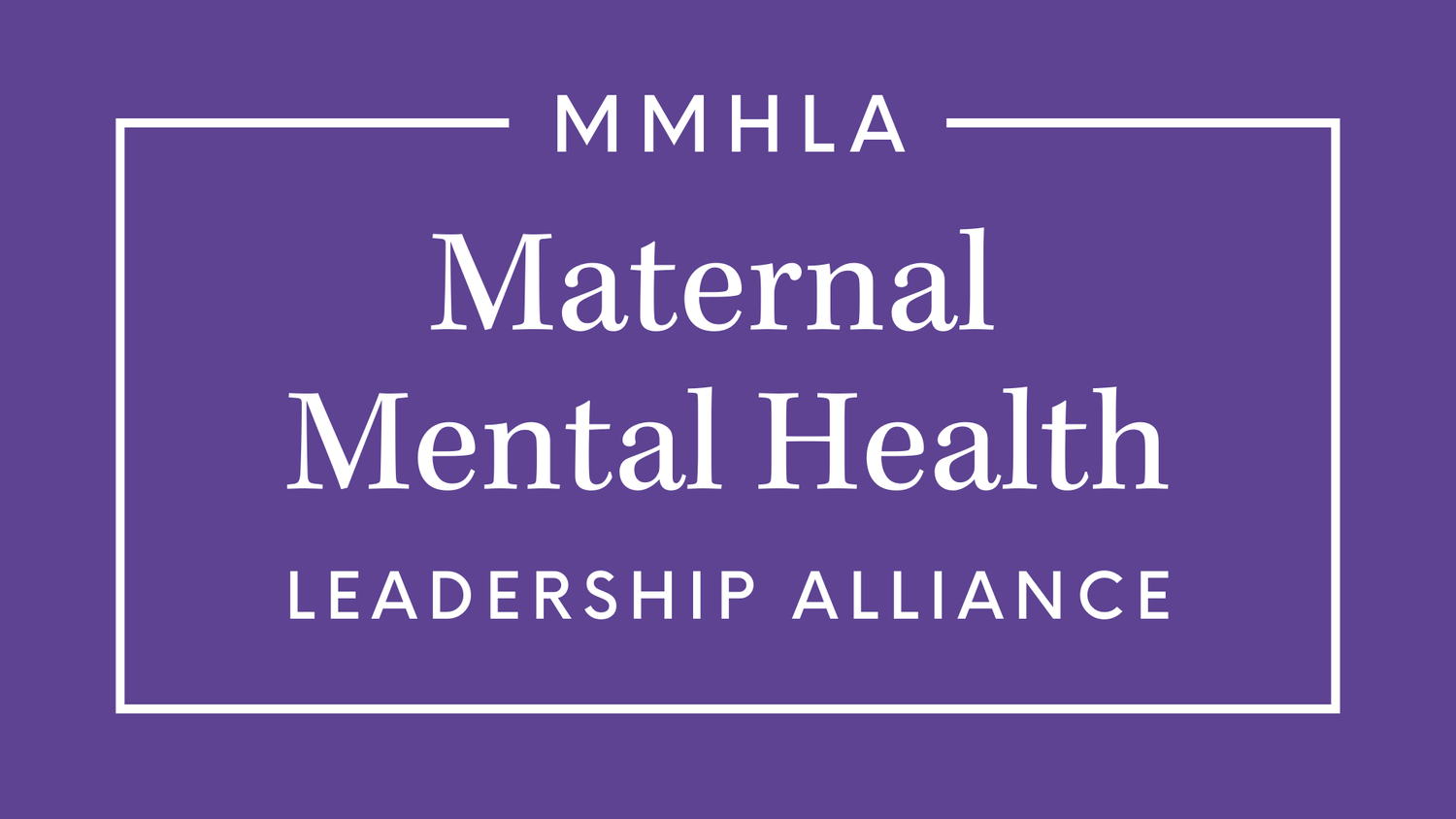
Perinatal Mental Health Education and Screening Project
MMHLA is leading a multi-year, multi-disciplinary collaborative effort to ensure all pregnant and postpartum women are educated about and screened for perinatal mental health disorders and connected with resources for recovery.
For more information about the Screening Project, contact Mara Child at mchild@mmhla.org.
Education and screening can save lives, but they are not done consistently.
Although perinatal mental health (PMH) disorders are the most common complication of pregnancy and childbirth, impacting at least 1 in 5 pregnant or postpartum women (800,000 families each year in the United States), patient education and screening remains elusive.
Numerous national medical organizations and governing bodies have made recommendations for PMH screening, and some states and health systems require screening for PMH disorders.
However, there is no current standard for how, when, or by whom PMH patient education and screening should be provided to pregnant and postpartum patients, leading to wide inconsistencies in screening and treatment.
Standardization and consistency would lead to better health outcomes.
Improving both the standardization and consistent implementation of PMH patient education and screening can help ensure the prevention or timely detection and treatment of PMH disorders. Detection and prevention translate into better health outcomes for pregnant and postpartum parents, their infants, partners, and families.
In Phase I, we developed a Screening Framework.
Phase I focused on developing a framework for when to provide patient education and screening.
We convened roundtable discussions with maternal mental health experts and advocates to ensure the voices of those with lived experience are centered in our research and recommendations.
Phase I Report & Webinar
On January 25, 2023, MMHLA and the March of Dimes hosted a webinar to share information about the Project and the Framework for screening.
In Phase II, we are addressing barriers to screening, including:
Education: Ensuring frontline providers are educated about PMH disorders, including how to screen and connect those impacted with resources for recovery.
Reimbursement: Ensuring frontline providers are adequately and easily reimbursed for providing consultation, education, and screening for PMH disorders.
Resources: Identifying additional resources needed for those impacted by PMH disorders.
Screening Tools: Exploring opportunities to update and streamline screening tools.
Phase II Progress Reports
For a summary of our progress to date, click here.
For in-depth information on Phase II and our insurance reimbursement analysis, check out the reports below.















